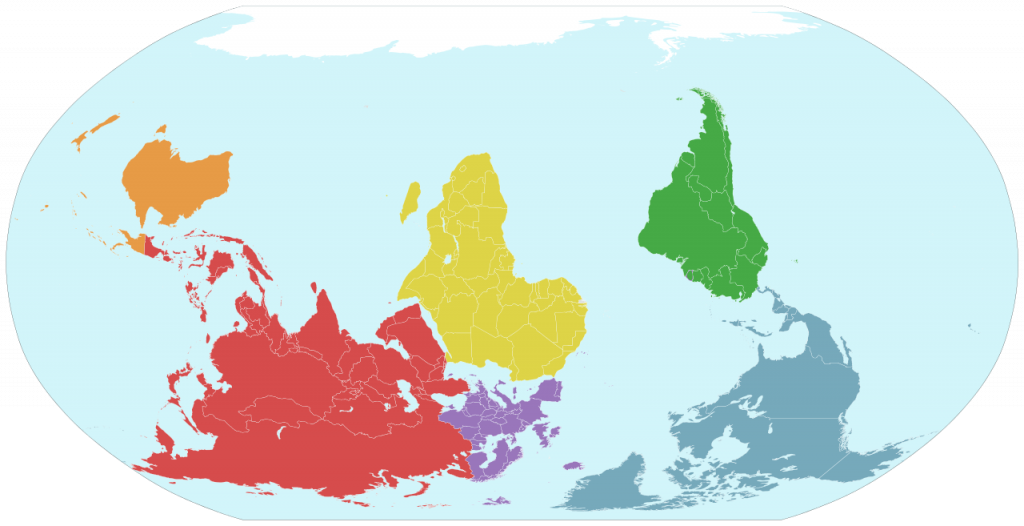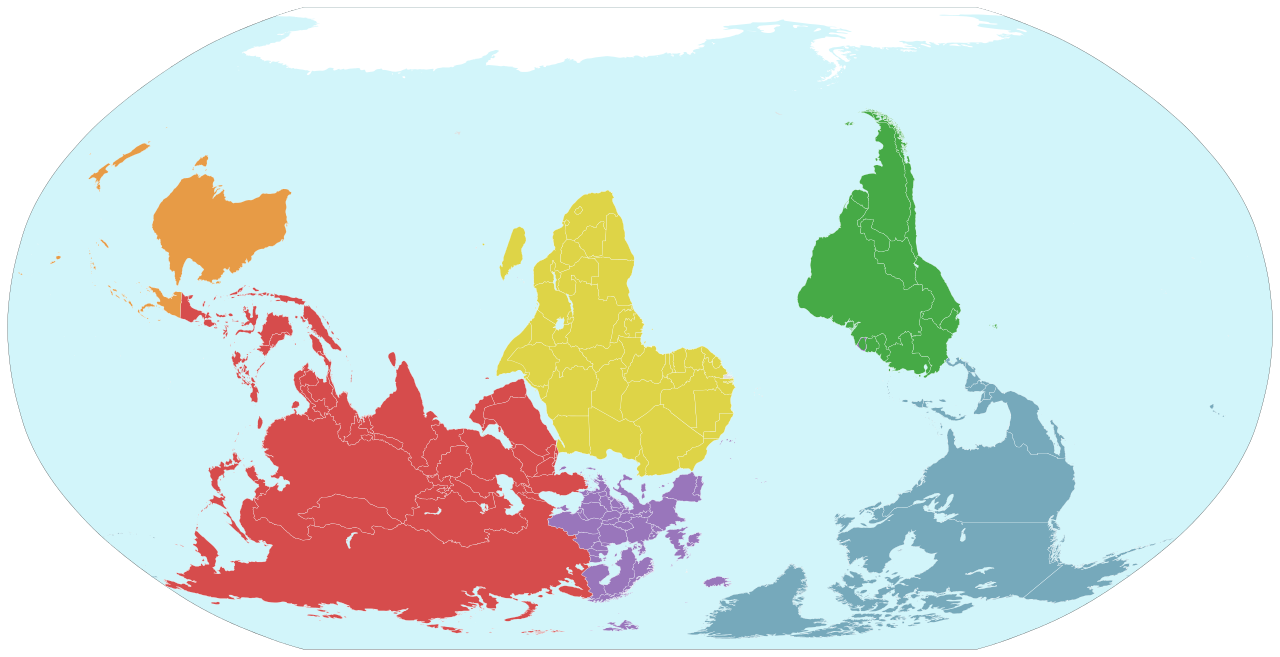Rethinking English as a lingua franca (ENGLISH)
Position statement
We aim to challenge assumptions made about the use of English as a “lingua franca” in scientific-academic contexts, identify the impact of such assumptions on trajectories of knowledge production and uptake, and legitimize the use of multiple languages for transnational scholarly exchange. We set out ten principles: Using English as a scientific-academic “lingua franca” does not always promote inclusion; a language positioned as a scientific-academic “lingua franca” can act as a language of domination; positioning English as the “lingua franca” policy may discourage translations and exclude participation; policies which position English as being the contemporary scientific-academic “lingua franca” may convey the idea that knowledge produced in English is the only knowledge that exists; the imposition of English as a presumed scientific-academic “lingua franca” is a manifestation of the unequal distribution of knowledge production and uptake; languages/varieties function as powerful resources for knowledge making; choosing a language for publishing or presenting is a sociolinguistic right; choosing a language to publish or present in is a political act; convention organizers should have the right to promote the language(s) of their choice; convention organizers and scholars should be as creative and sensitive to including as diverse an audience as possible.


